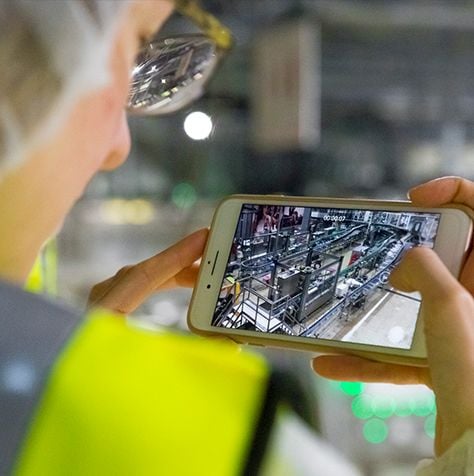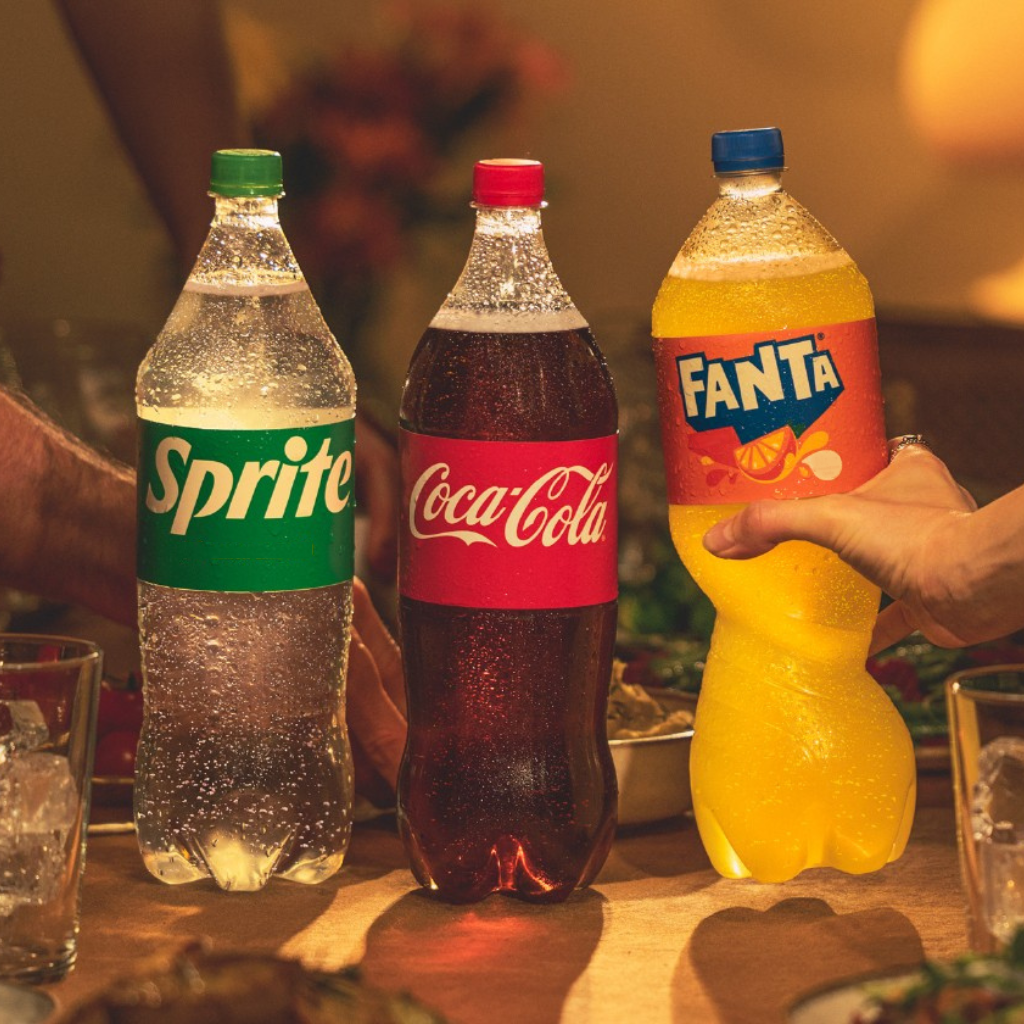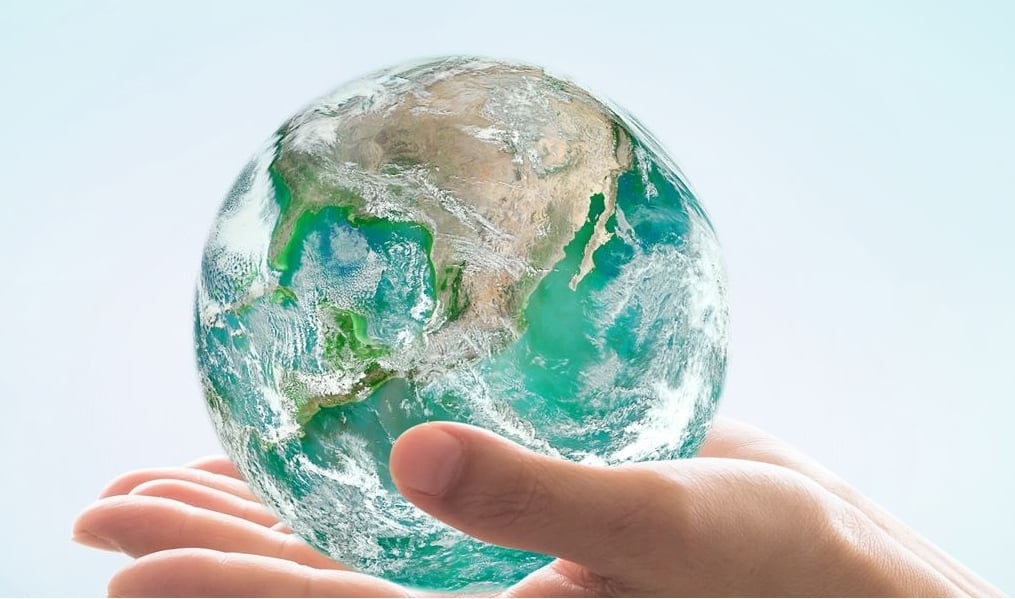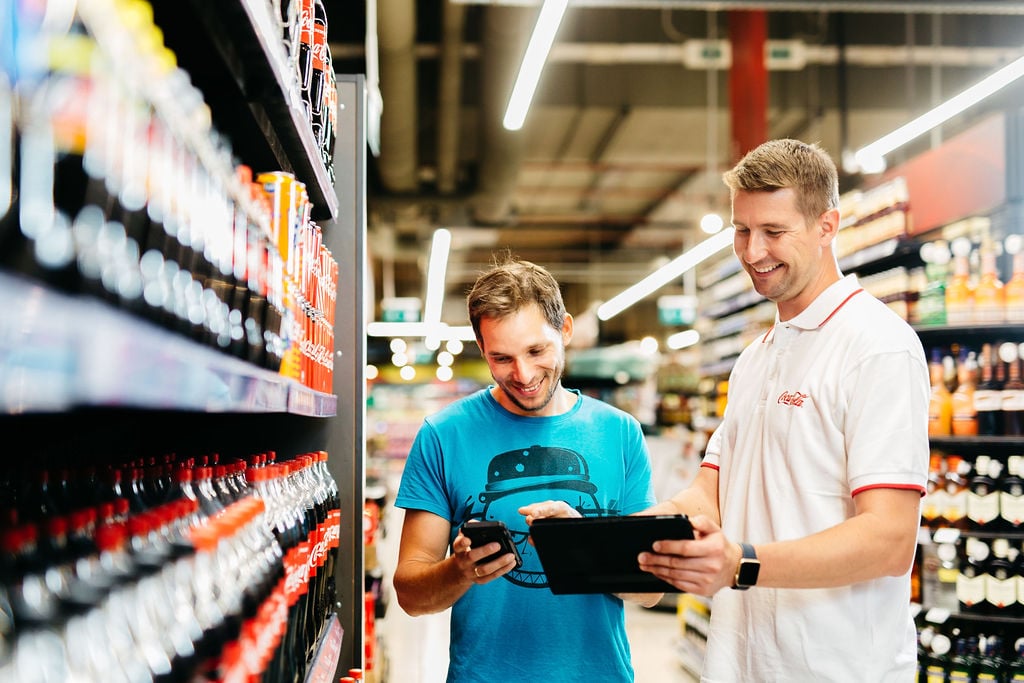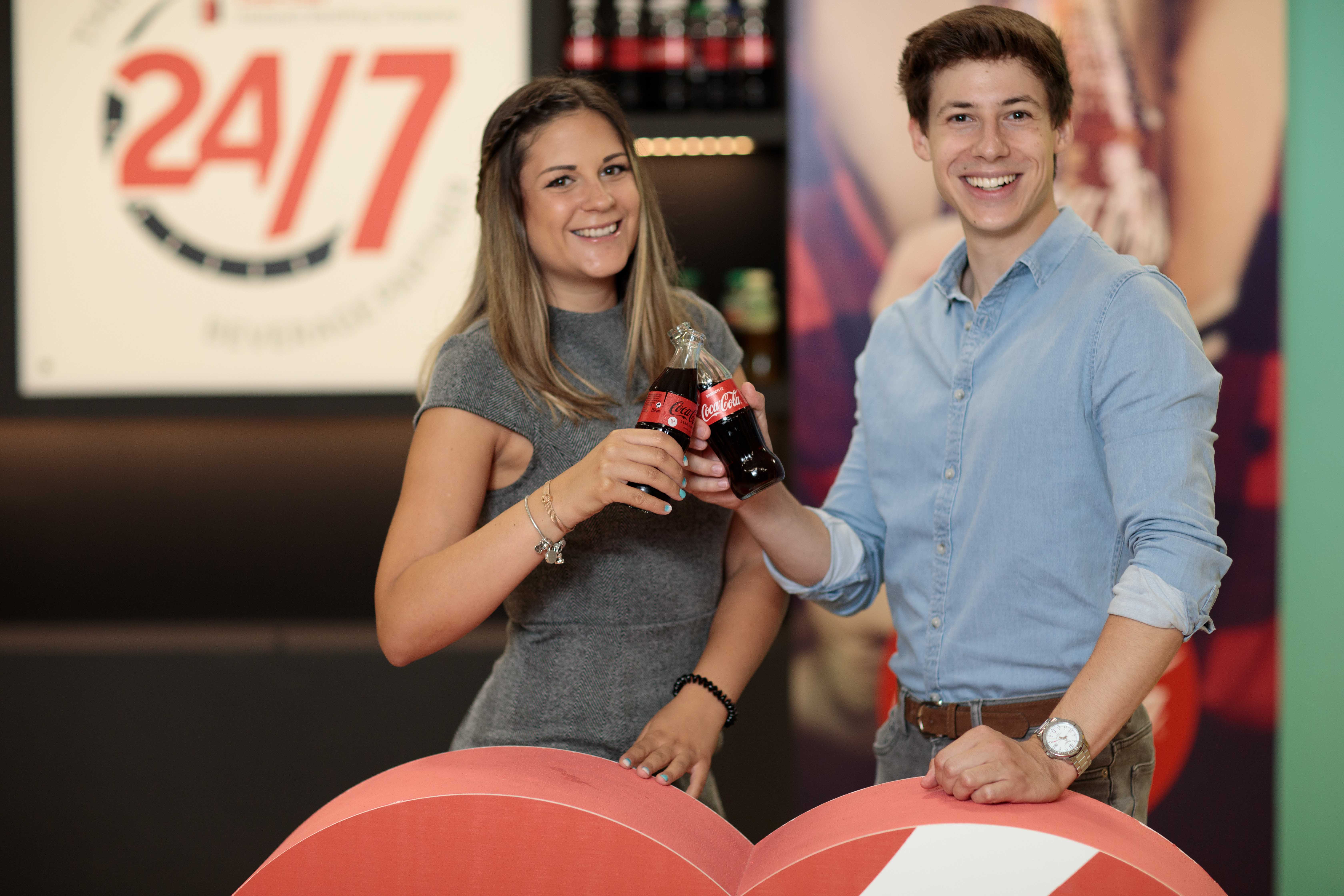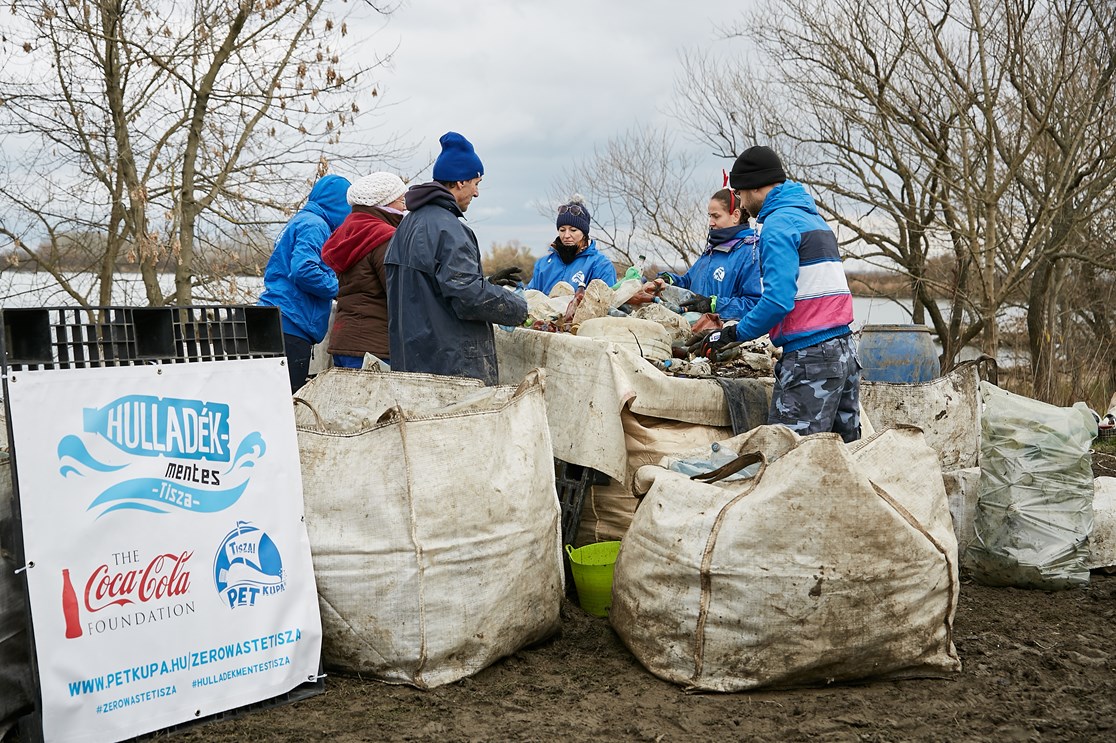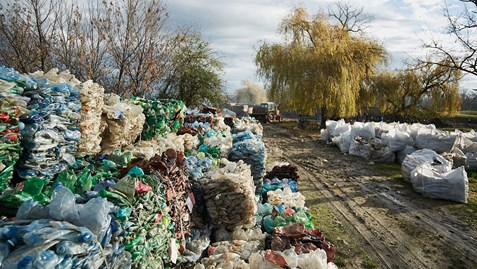As part of a series of waste collection and nature conservation actions, Plastic Cup organised many corporate teambuilding programs in which companies collected tonnes of waste within a single day on employee volunteer days. 70 volunteers of Coca‑Cola collected and sorted out a total of 1.5 tonnes of waste at the first summer action, later in September – on World Cleanup Day – nearly 100 employees travelled to Dinnyéshát and had removed 2 tonnes of waste from the river by the end of the day. A total of 8 tonnes of waste had been removed from Lake Tisza and its flood basin during the teambuilding days organised in Kisköre, Dinnyéshát and Tiszafüred.
Plastic Cup contributed to the protection of ecological assets and touristic destination of Lake Tisza this year by organising waste collection competitions on Lake Tisza with ships made of plastic bottles already renowned along the Upper Tisza, which generated an unprecedented popularity and additional support to helping remedy the situation on the river Tisza. With the two ship competitions (1. Tisza-tavi PET Kupa és 7. Tiszai PET Kupa) and many waste collection competitions throughout the year, a total of 36 tonnes of waste have been harvested and processed this year.
Organisers of Plastic Cup have involved nearly two thousand active and committed natural conservationist volunteers to clean the Tisza in the seven years of their operation for which they received the reputed NGO Volunteer Program of the Year Award from Volunteering Hungary - Centre of Social Innovation (ÖKA) last week. The collaboration of this year has further increased the camp of Plastic Cup volunteers and helped the implementation of such individual projects as the Párdy Bence river cleaning project lasting many months. Bence who participated in the 1. Tisza Lake Plastic Cup and got a first-hand experience of how serious the pollution had been, pledged to collect 1000 bags of waste which he has already surpassed by today. Many people joined him in his efforts and even international media took notice of his activity which triggered further multiplicator effect and will hopefully generate more actions and commitments.
Zero Waste Tisza Program goes on
Plastic pollution has become one of the most serious global environment protection issues by today and it is estimated that only 15 percent of the plastic produced worldwide are recycled, and the same amount of waste get into the natural environment without control. Természetfilm.hu Egyesület (Természetfilm.hu Association) the non-profit civil organisation that operates Tisza Plastic Cup would like to improve the situation with educational and awareness programs, films and a research on the path of waste.
„Considering how much trouble has been generated by plastic pollution we know surprisingly little about it. We don’t have data about the length of the path plastic bottles cover at one time, how much time they spend in the flood basin and if they can be washed away by the next flood once they got stuck among trees” – Atttila Dávid Molnár said, one of the founders of Plastic Cup. – “That’s why we decided to start a research applying GPS beacons used already to track migratory birds.”
A total of seven bottles will be equipped with beacons within the framework of Zero Waste Tisza project which will transmit data about the movement of bottles for more than two years. Bottles are ready to be launched, but researchers will not activate them until the next plastic flood arrives. This will probably come in months, and until then an online name-giving campaign has been started on the social media sites of Plastic Cup. Thanks to the campaign, the public can decide the names of the bottles and if votes come in insufficient number, beaconed bottles will be named after famous ships by plastic pirates.
Our rivers connect countries and cultures therefore the ecological protection of Tisza and its affluent can only be ensured by the collaboration of the neighbouring countries and by the introduction of best practices in Hungary. That is why Plastic Cup wants to help and accelerate waste management in Transcarpathia so that the problem can be treated at the very source. Professionals of Plastic Cup – thanks to the support by The Coca‑Cola Foundation – presented their experiences and achievements in October at the Budapest Water Summit and the Bilbao conference of ISWA (International Solid Waste Association) and thus they could build new international relations. They also had the opportunity to meet engineers of world-famous ocean and river cleaning initiatives like Ocean Cleanup, a Waste Free Ocean and Recycled Island at one of the largest water industry exhibitions of the world, Aquatech in Amsterdam, in November.
“Thanks to the systematic work, we have given back a Tisza much cleaner to the water hikers, anglers and hikers, and the wild life than it looked like in the spring” – as Gergely Hankó, project manager of Plastic Cup and General Manager of the Association of Environmental Service Providers and Manufacturers pointed out – “and so the touristic appeal and value of the river has been greatly enhanced.
The question might be raised if a new flow of waste can be expected.
“Our colleagues working in the Upper Tisza region will remove a significant proportion of waste in the four new wharfs recently erected” – said Lőrinc Fejes, section engineer at KÖTIVIZIG – “and we will prevent waste that might get down on the river from polluting the water of Lake Tisza of excellent quality as we did before.”

